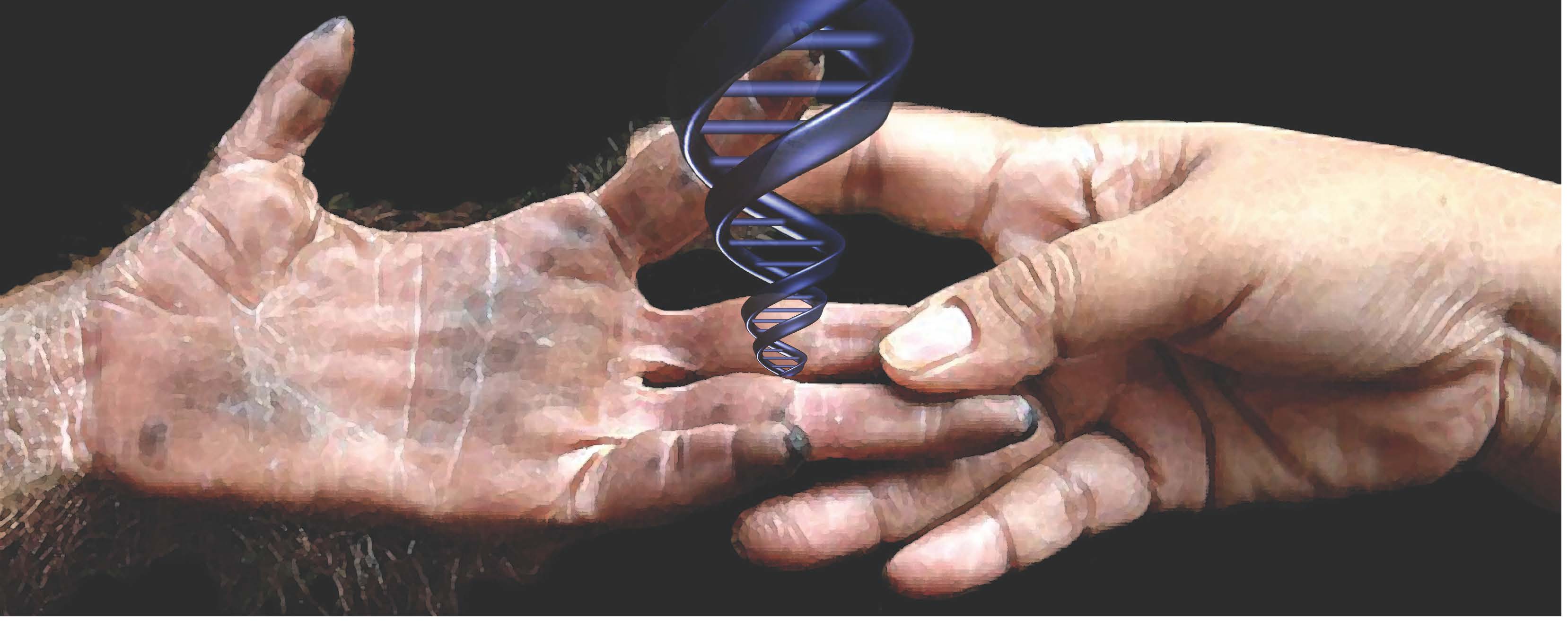Anthropology - Biological Concentration
Check out our promotional video from our Biological Anthropology Faculty!
Biological Anthropology Promotional Video
Major Overview
The concentration in Biological Anthropology addresses theevolution of the culture-bearing capacity in humans and closely related species from a comparative perspective. Culture can safely be considered a major part of the human ecological niche and thus profoundly affects human biology. Considering such biocultural dynamics offers a broad understanding of human evolution, the human brain, and the human genome/epigenome. We have a strong focus in the molecular realm of human biology and evolution, with faculty researching and teaching courses about comparative stem cell evolution, epigenetics, gene editing for the functional study of mutations, glycans, and neural diversity. We also offer courses in primate behavior and osteology. Our faculty study the evolutionary, biological, and cultural dimensions of health (from molecular and cellular to societal and ecological levels). We bridge with neurosciences and cognitive science in investigating the neural substrates of cognition in humans. We also bridge with researchers in Psychology, Biochemistry, the Health Sciences, and the Salk Institute. Knowledge in these areas helps students understand developments in medicine, neuroscience, and human behavior that have an evolutionary basis, as well as to understand interactions between human biology and their environments, and in the study of social determinants of health/mental health and racial disparities in disease. This knowledge can be applied to challenges and questions to be faced as informed citizens. Some examples of societal concerns that can be addressed in this concentration include environmental change and conservation, the developmental origins of diseases and basic human capacities, human reproductive biology as affected by culture and technology, questions about the relationship of brain to behavior and disease, and interactions of biology and culture to affect health and health disparities. This concentration also offers opportunities for selected undergraduates to gain research experience in various types of labs (i.e. genetics/epigenetics, neuroanatomy, computational biology, stem cell biology, immunology, and glycosciences).

Course Requirements
3 Core Classes
- ANTH 101: Foundations of Social Complexity (Fall)
- ANTH 102: Humans Are Cultural Animals (Winter)
- ANTH 103: Sociocultural Anthropology (Spring)
4 Upper Division Concentration Courses
5 Upper Division Electives
- FIVE upper division Anthropology courses from any category.
- *Students may apply one Independent Research course (ANTH 197, 198, 199) towards their major elective requirements.
- ANTH 128A & B is a two course series and will count toward two upper division elective requirements
Additional Requirements:
- Upper Division Residency Requirement: Students must complete a minimum of seven major courses at UC San Diego.
- Overlaps: Lower division courses may overlap between your major, minor and college requirements. Students may overlap two upper division courses between your major and minor by submitting a request in the VAC (some courses may automatically overlap).
- A maximum of four study abroad courses may be petitioned for credit toward the major.
